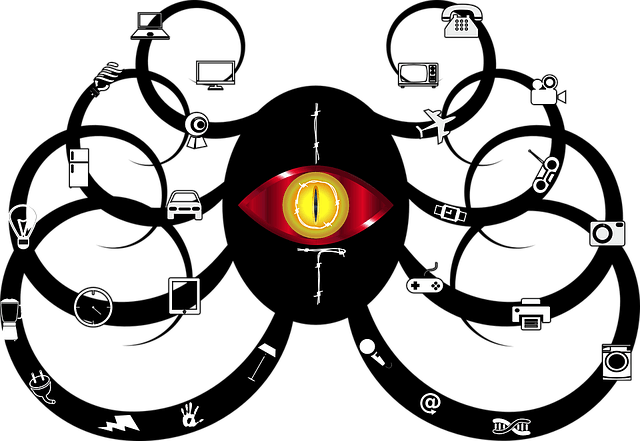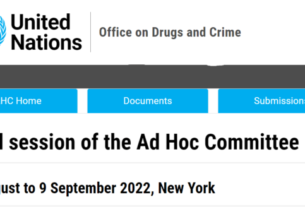Access Now presented the European Human Rights Agenda for the Digital Age, detailing objectives and recommendations in the areas of data protection, content governance, artificial intelligence, surveillance, and connectivity. Access Now is also calling on EU lawmakers to put human rights at the center of upcoming digital policies, making recommendations in the following four main areas:
- Protect people against the exploitation of data by private entities Privacy and data protection are the cornerstones of human rights in the digital age. As public and private entities increasingly collect, retain, analyse, and track people’s data, the EU has a duty to rein in the unlawful data and privacy-invasive practices that have multiplied online.
- Strengthen the protection of freedom of expression and opinion on the internet . The internet remains a valuable tool for global access to information and an unparalleled public space for individuals, communities, and organisations to express themselves. In recent years, the amount of illegal online content has triggered numerous regulatory responses across the EU. While concerns about such content are legitimate, addressing societal phenomena such as online hate speech or terrorist content is not a simple matter of deletion or blocking. Without effective protection of the right to freedom of expression, oppressive behaviours and censorship will diminish its democratising force.
- Reform government surveillance to respect human rights. The design, development, and deployment of AI systems in the EU must respect human rights
- Reform government surveillance to respect human rights. The EU and its member states are increasingly seeking to solidify and exercise control over internet infrastructure and services. Although this is undertaken in pursuit of legitimate aims, a large number of security measures are reshaping the internet into a fragmented, militarised space and putting freedoms at risk. With populism on the rise and at a time where authoritarian regimes double down on repressive policies and practices online, it is essential for the EU to uphold its democratic values and move away from simplistic approaches that undermine human rights and civil liberties under the pretext of preventing terrorism and protecting national security.



